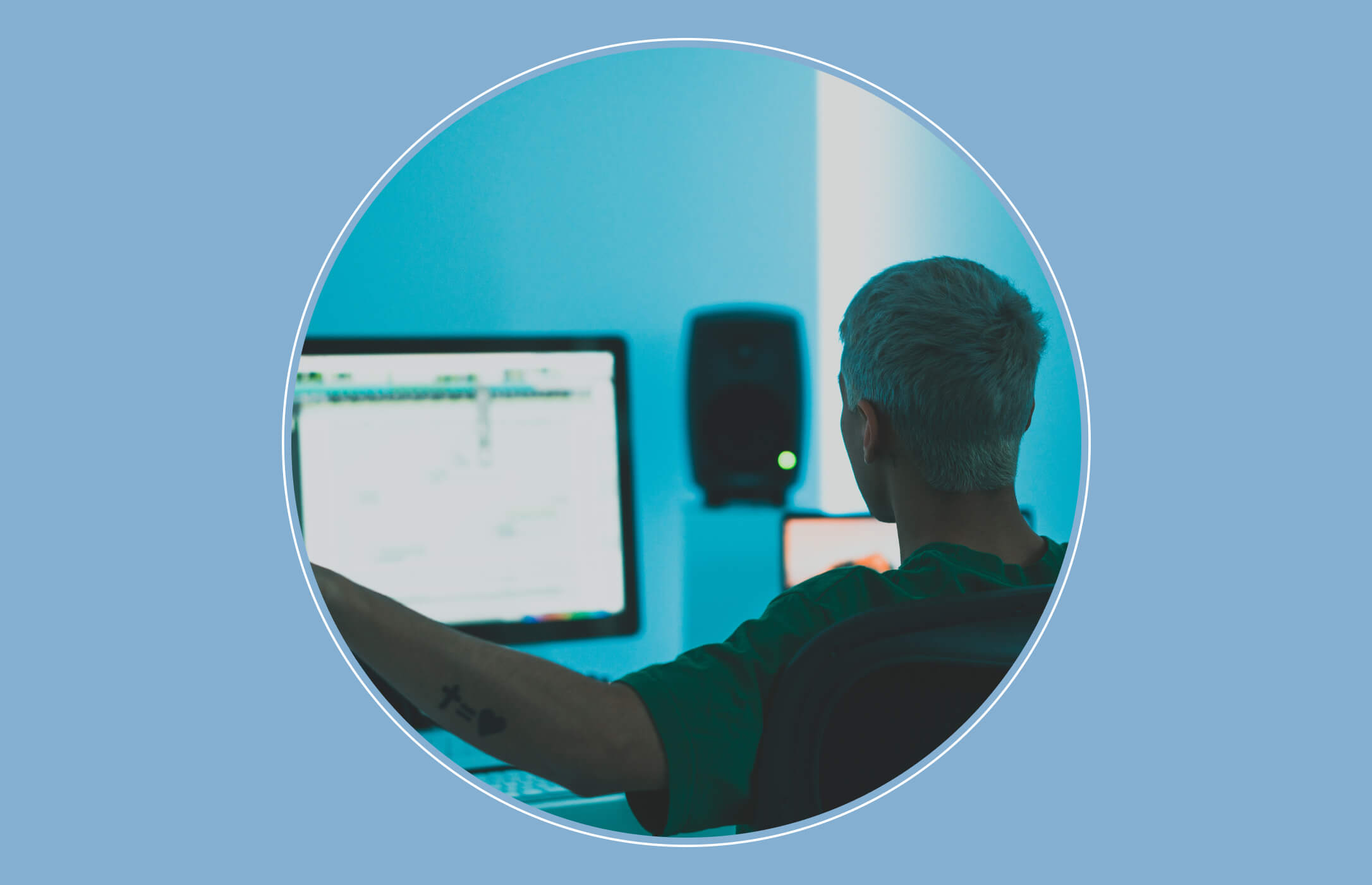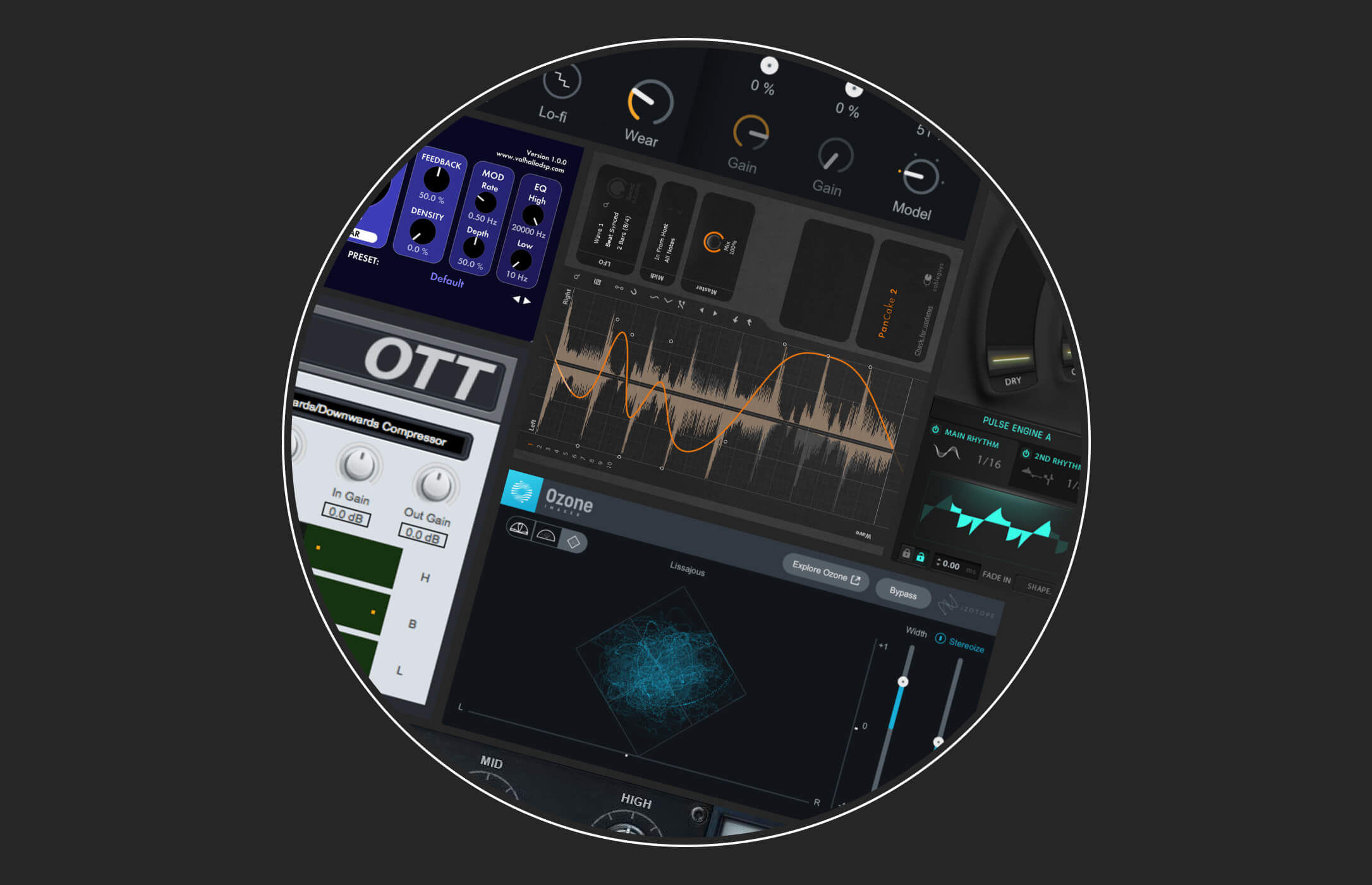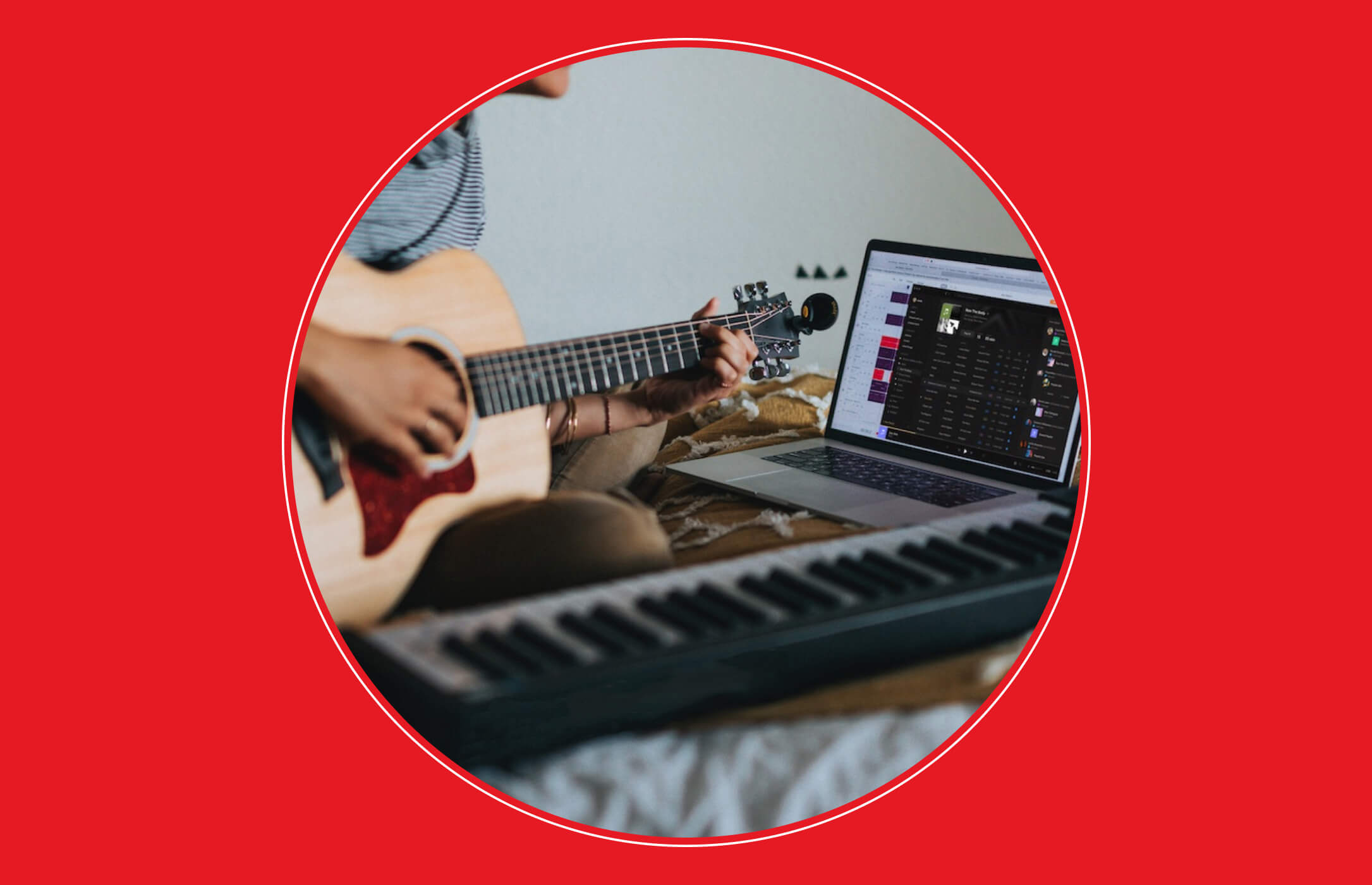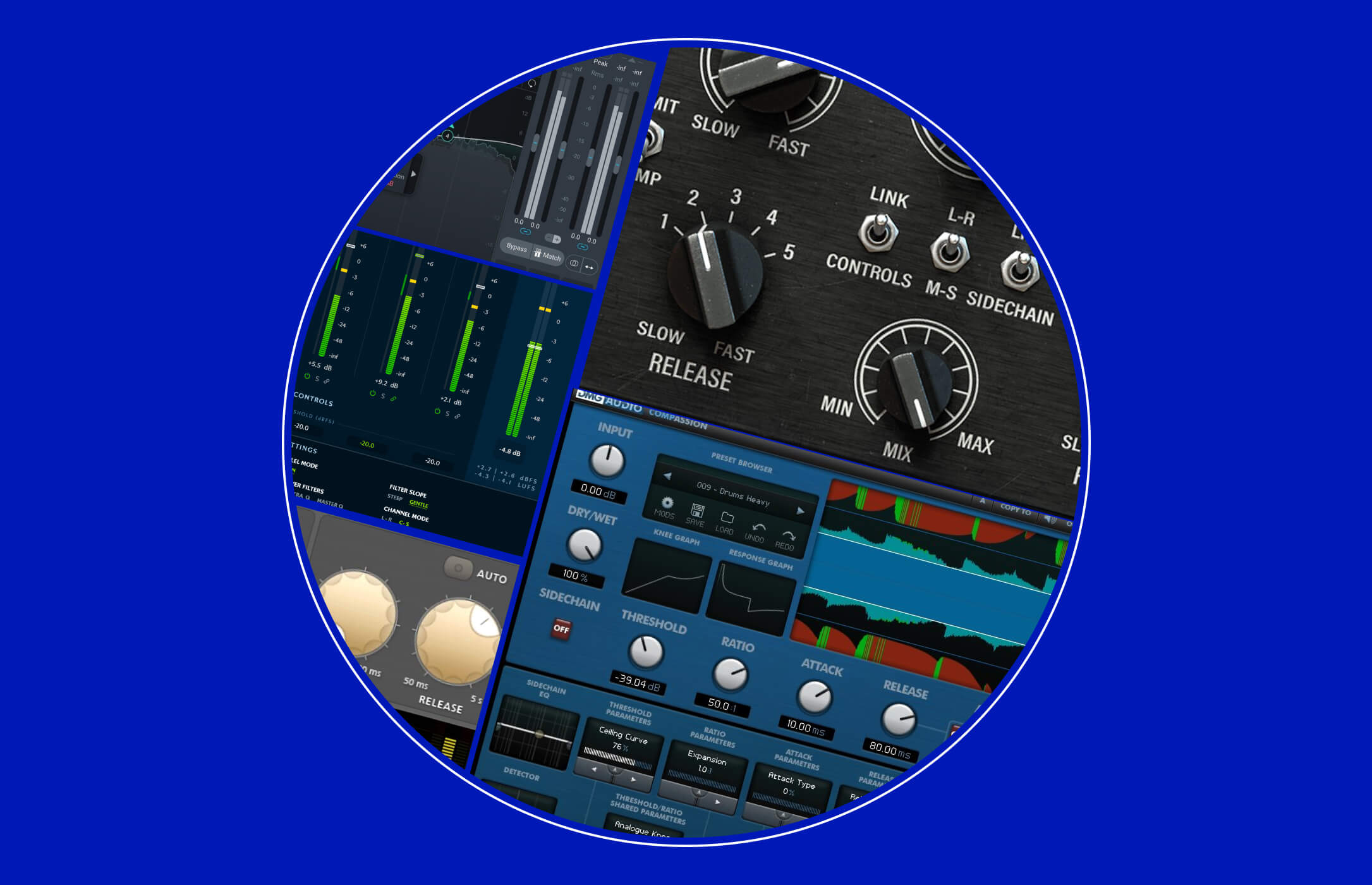How Do You Get Paid for Your Music Streams?
Apart from live concerts and physical merch, most musicians focus on subscription fees, licensing, and music publishing as their primary sources of income. Your music can be sold and streamed, all whilst keeping 100% of your earnings. However, understanding how the royalty scheme functions isn’t always straightforward.
There are several types of royalty, as well as various companies that pay them out. In addition, you must ensure that the metadata is correctly preserved in order to recover every penny owed to you. Let’s check out some of the common misunderstandings you might have about the music copyright system, and give you the reassurance you need to ensure you’re being paid all of your due royalties.
What are royalties in the recording industry?
Payments paid to the owner(s) of a certain musical piece, recording, melody, or performance are known as royalties. They are compensated by Performing Rights Organizations (PROs) such as ASCAP, SOCAN, and BMI, as well as licensors of a certain work sold by a music distributor.
Mechanical royalties and performance royalties are the two types of music royalties.
The Performance Royalty
Each time your music is played on the radio, TV, streaming service, video game, in a shop, or in a live venue, you are owed a performance royalty. It’s not easy to keep track of all those performances, which is why PROs thrive. They are in charge of collecting production royalties on your behalf.
They partner with radio corporations to recover any owed royalties, and they distribute royalties to any artists that have registered with the PRO.
The Mechanical Royalty
Any time a copy of your music is streamed, downloaded or manufactured, for example pressed on a CD or vinyl, you are owed a mechanical royalty as the composer or publisher of the piece.
A mechanical royalty is due whether the composer is performing the music or not, which means that even if a song is covered by another artist, a mechanical royalty must be given to the original composer.
Mechanical royalties are not collected from PROs. Instead, royalties are collected by the composer, or publisher of a work.
Licensing vs. Royalties
What about movie deals and large ad placements, you may wonder — aren’t there also royalties from those?
Yes and no, are the answers. Any time your music is played on TV or in a commercial, you are entitled to a royalty. However, these royalties are charged in addition to the sync license deal that your publisher and the publishing corporation/you and the media corporation have signed.
Of course, finding a large sync licensing contract would almost certainly necessitate working with a publishing agent. However, there are a couple other options for finding them on your own. If you’re interested in learning more about sync licenses, we’ve covered it extensively in previous posts — it’s a sizable subject in itself.
How do you go about collecting all of your royalties?
If you’re an indie artist who’s beginning to pick up traction, it’s only logical to want to know if you’re being paid properly or not. Here’s how to ensure you’re being paid for your work.
Start earning performance royalties by registering with a PRO.
Your PRO will be determined by your location: ASCAP and BMI serve the US, SOCAN serves Canada, and SESAC serves Europe. If you fall outside of these areas, a more extensive list is available on the “Performance Rights Organisations” Wikipedia page.
It’s a little piece of paper that can make a big difference. The good news is that you can collect any royalties owed to you by your PRO retroactively, even though you sign up after they are due. As a result, if you sign up today, you may receive a bigger check because your royalties have been sitting there for a long time.
When it comes to performance royalties, a PRO will help, but what about mechanical royalties?
Your mechanical royalties are also on the table for digital distribution systems. This royalty is due any time the music is streamed, downloaded, or physically bought. Don’t let this additional streaming money pass you by, even if it doesn’t amount to much at first!
Digital streaming providers can earn the mechanical royalties for you if you don’t have a licensing agreement with a music distributor.
However, before releasing your tracks for digital streaming, make sure you accurately archive your metadata. You’ll be asked who owns your music licensing rights by your digital distribution service provider. Declare that you are the publisher of your own music. You should not mention your PRO because you are the editor, not your PRO.
The royalty scheme is difficult to understand.
However, with the various services available to even independent artists, it’s now easier than ever to make sure you’re getting paid what you’re due.
After all, no artist needs to waste time worrying over an outdated and unnecessarily complex royalty scheme. That’s why entrusting your digital distribution to a third party relieves you of the burden of worrying about the commercial side of music, and allows you to concentrate on what matters most: creating beautiful art!



